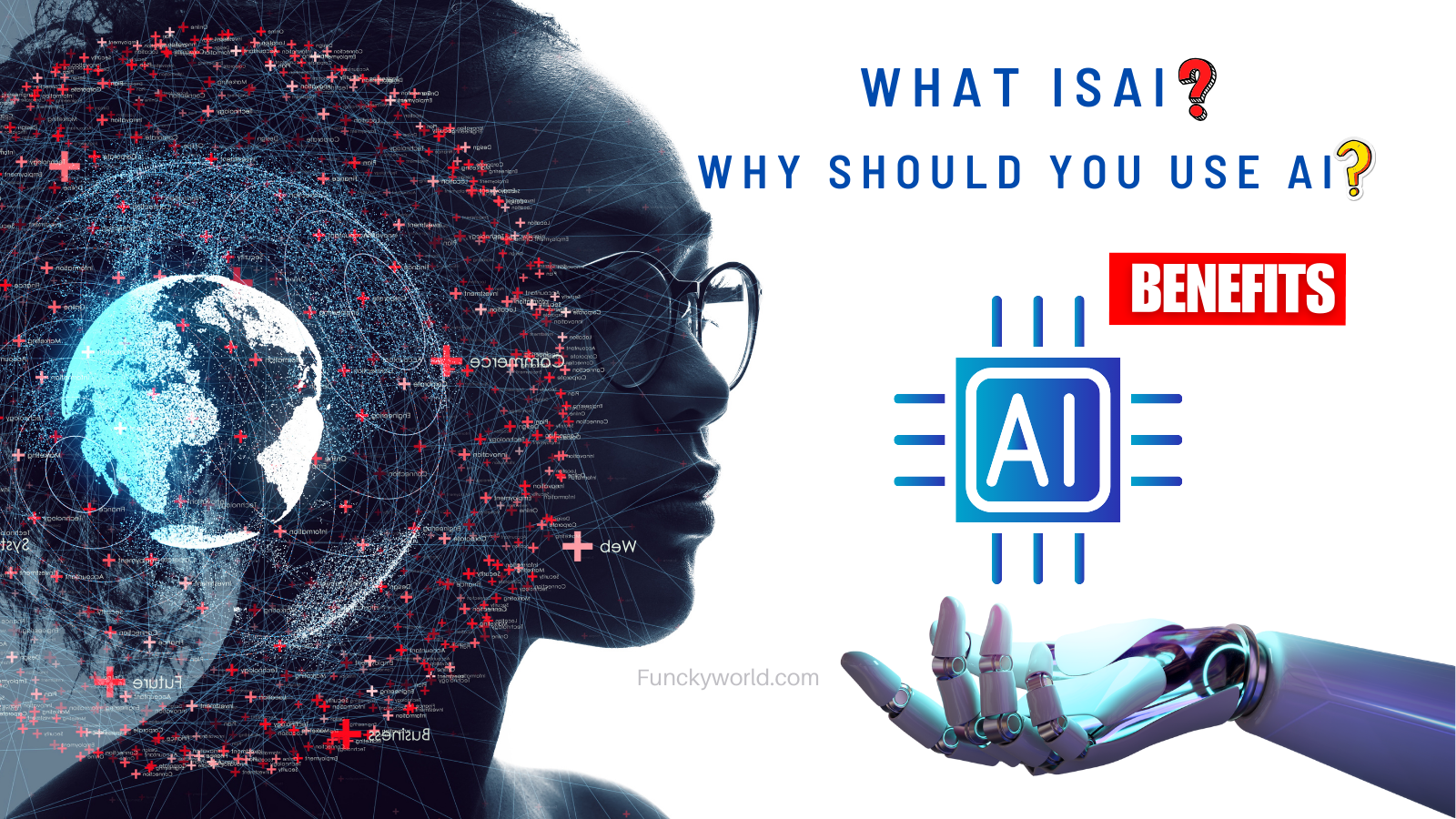
Understanding Artificial Intelligence (AI) and Its Benefits
What is Artificial Intelligence (AI)?
Artificial Intelligence (AI) refers to the simulation of human intelligence processes by machines, especially computer systems. These processes include learning (the acquisition of information and rules for using it), reasoning (using rules to reach approximate or definite conclusions), and self-correction. AI encompasses a variety of technologies and methodologies, including:
- Machine Learning (ML): Algorithms that enable computers to learn from data and improve their performance over time without being explicitly programmed.
- Natural Language Processing (NLP): The ability of computers to understand and interpret human language as it is spoken or written.
- Computer Vision: Enabling machines to interpret and process visual information from the world.
- Robotics: The design and use of robots to perform tasks traditionally done by humans.
AI is a rapidly evolving field that can be applied in various industries, including healthcare, finance, marketing, and manufacturing.
Why Should You Use AI?
1. Enhanced Efficiency and Productivity
AI systems can automate repetitive tasks, allowing humans to focus on more complex and strategic activities. This leads to significant improvements in productivity. For example:
- Automated Customer Support: Chatbots can handle routine inquiries, reducing the workload on human agents.
- Data Analysis: AI can quickly analyze large datasets to provide insights that would take humans much longer to compute.
2. Improved Decision-Making
AI can assist in making informed decisions by analyzing data and providing insights based on patterns and trends that might not be immediately apparent to humans. For instance:
- Predictive Analytics: Businesses can forecast sales trends, customer behavior, and market demands using AI algorithms.
- Risk Assessment: AI can evaluate risk factors in finance or insurance, aiding companies in making better-informed decisions.
3. Cost Savings
Implementing AI solutions can lead to significant cost reductions. Automating tasks reduces labor costs, while improved efficiency leads to savings over time. For example:
- Manufacturing: AI-driven machines can operate continuously, reducing downtime and minimizing errors in production.
- Energy Management: AI can optimize energy usage in buildings, leading to lower utility bills.
4. Personalization
AI can analyze user data to provide personalized experiences, which can enhance customer satisfaction and loyalty. For example:
- Recommendations: Streaming services like Netflix or e-commerce platforms like Amazon use AI to suggest products or content based on user preferences.
- Targeted Marketing: Businesses can use AI to tailor marketing messages to specific customer segments, increasing engagement and conversion rates.
5. Innovation and Competitive Advantage
AI can drive innovation by enabling new products, services, and business models. Companies that adopt AI technologies often gain a competitive edge. For example:
- Smart Products: AI can enhance products with features like voice recognition or automated assistance, creating new markets.
- Data-Driven Strategies: Businesses leveraging AI can adapt more quickly to market changes and customer needs.
6. Enhanced Data Security
AI can improve data security through advanced monitoring and anomaly detection. For example:
- Threat Detection: AI systems can analyze network traffic to identify potential security threats in real-time.
- Fraud Detection: Financial institutions use AI to monitor transactions for unusual patterns that may indicate fraud.
7. Better User Experience
AI can enhance the user experience across various platforms by making interactions more intuitive and efficient. For example:
- Voice Assistants: AI-powered assistants like Siri or Alexa provide hands-free control for users to access information or control devices.
- Smart Search: AI improves search engines, providing more relevant results based on user intent and context.
Conclusion
Artificial Intelligence is a powerful tool that can enhance efficiency, improve decision-making, and drive innovation across industries. By adopting AI technologies, individuals and businesses can not only streamline operations but also create personalized experiences that foster customer loyalty and satisfaction. The benefits of AI are extensive, ranging from cost savings to improved security, making it an essential consideration in today’s technology-driven world. As AI continues to evolve, its potential to transform the way we live and work will only grow, making it a valuable investment for the future.



Leave a Reply